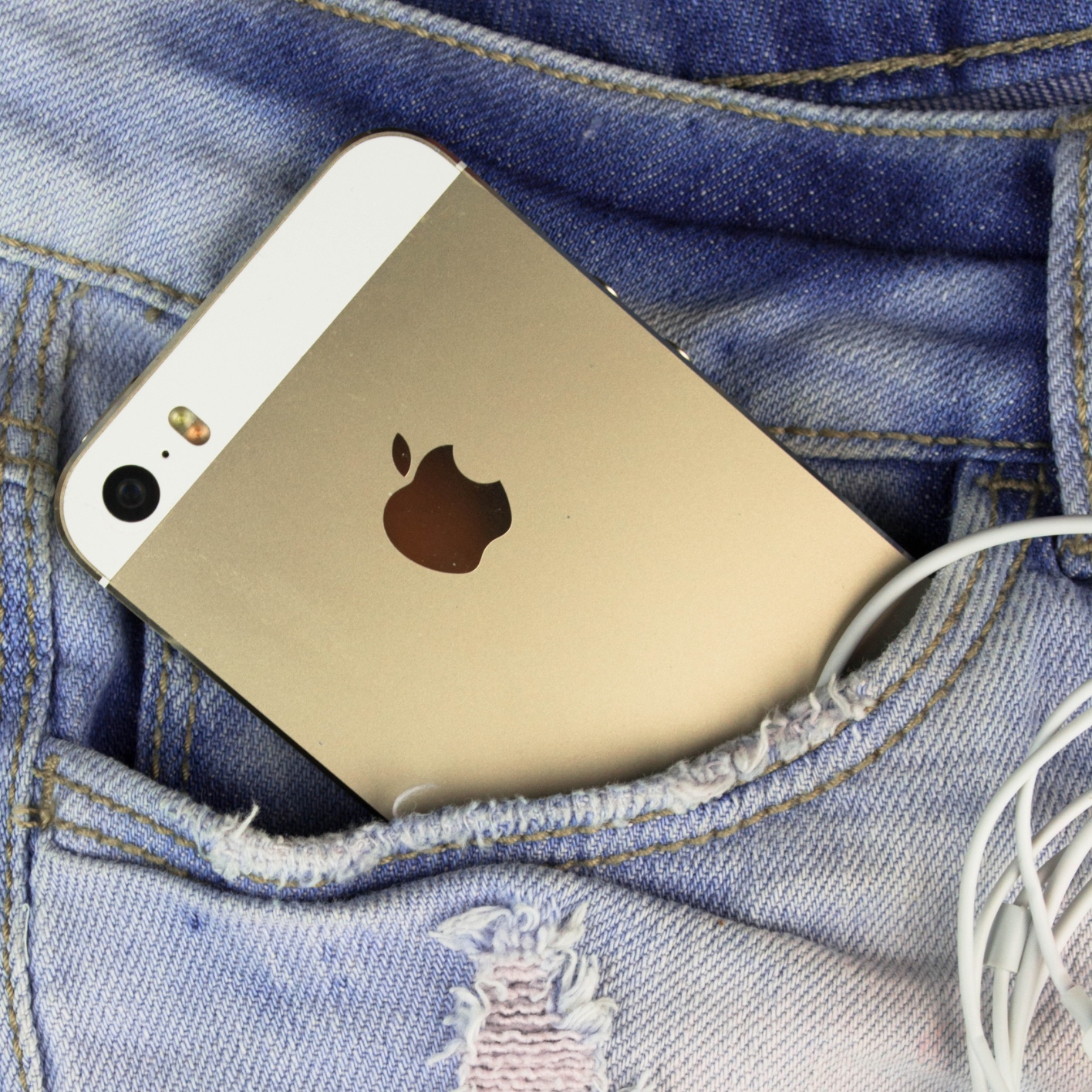Consumer Electronics
Apple Petitioned to Block Police Disabling of iPhones

Published:
Last Updated:

Given the prominent place smartphone cameras and video recorders have played in recent confrontations that have involved police, it is no surprise some worry has arisen that law enforcement will attempt to disable these devices. Petitions have been circulated recently to block the possibility that police departments can stop the Apple Inc. (NASDAQ: AAPL) iPhone video camera from working.
Care2 recently issued a press release:
A Care2 petition is urging Apple not to release its newly patented technology that would allow third parties to remotely disable iPhone cameras. The petition has gathered nearly 4,000 signatures.
Barely enough signatures to get any attention, but the plan raises reasonable issues.
The petition makes reference to two more well-known arguments. The first is from the American Civil Liberties Union of Northern California:
Here in California, technology is playing an important role in efforts to hold police accountable. Last year, the ACLU of California launched a mobile application that streamlines the process for recording law enforcement and reporting misconduct directly to the ACLU. Moreover, efforts made by lawmakers this year sought to make internal police records—including videos—subject to public disclosure. Though these efforts have not moved as quickly as many would like, they represent a step in the right direction. The possibility that infrared emitters can be used by law enforcement, however, is a step in the wrong direction.
Concerns have already been raised regarding the potential for this infrared technology to censor dissidents during political protest. The problem is also a local issue. If law enforcement gets a hold of this technology, it could be used to prevent individuals from recording traffic stops, arrests, and other interactions between law enforcement and the public. Depending on if and how Apple’s new patent becomes a technological reality, that’s a very real possibility.
And the second from the Electronic Frontier Foundation (EFF):
The availability of mobile phones with video capability has allowed activists around the world the ability to capture and disseminate important footage, often in the absence of news reporting. If a government were to gain access to and utilize Apple’s technology, the result could mean disastrous consequences.
Of course, in merely prosecuting a patent application, Apple has not signaled any concrete plans to actually use this technology. And the technology does promise some exciting features, too, like allowing users to take a photo of an object (say, an item in a store or exhibit in a museum) and get instant information on that object, and allowing for watermarking (which would make it easy to tag all photos and video from a certain timeframe as, say, “Miami 2011”).
No one will care much, until a video recorder is disabled electronically against the recorder’s will.
Thank you for reading! Have some feedback for us?
Contact the 24/7 Wall St. editorial team.